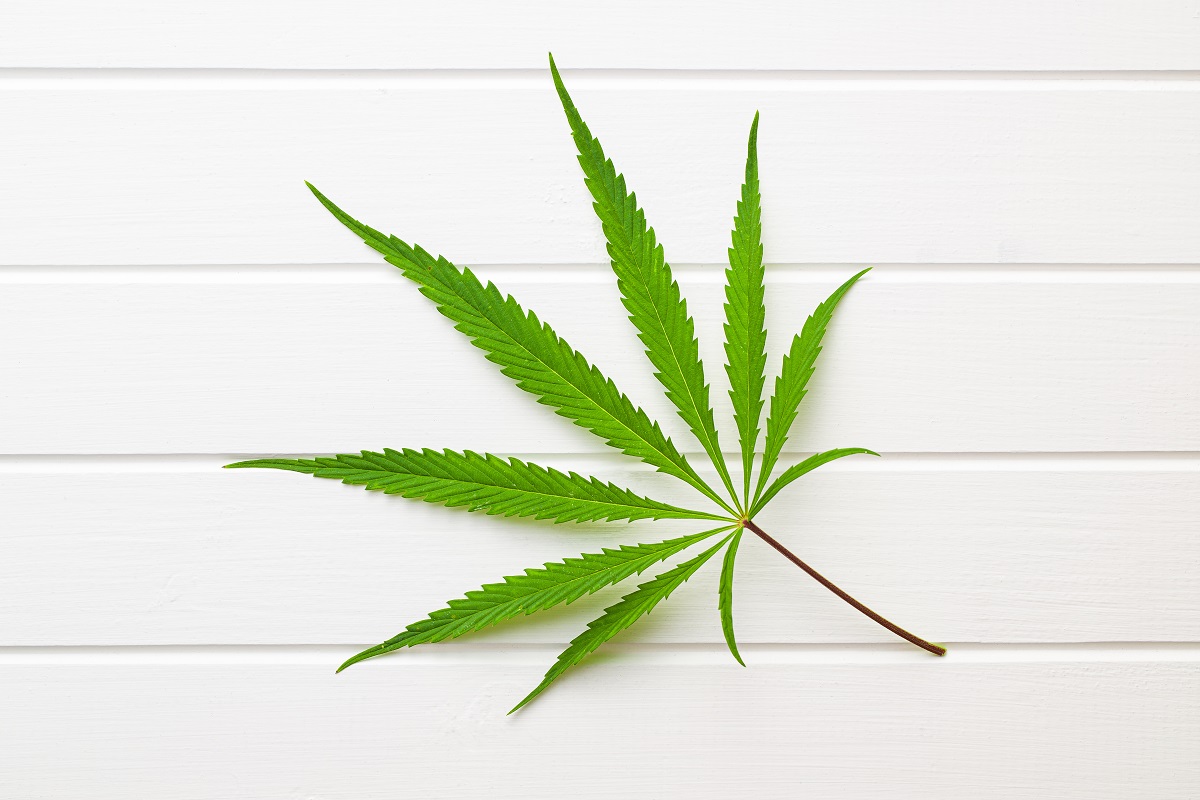
Texas is one of the prosperous states hard-hit by Covid-19. Having one of the highest outbreak levels, Texas has felt the impact economically. Most businesses came to a standstill. The lawmakers are discussing a reform solution to bridge the budget gap and create economic relief in the face of increasing pandemic healthcare costs.
While many states are escalating the development of medical marijuana programs for much-needed tax revenues, it’s a hard sell in Texas. Currently, Texas has the most limiting medical marijuana program. The restrictive laws have left the medical cannabis industry, mostly untapped. And along with it, valuable tax revenues.
“It certainly could be a help. It could augment the shortfall,” Speaker Dennis Bonnen (R) said. “But I don’t believe it’s anywhere near a singular solution.”
According to industry experts, if Texas decides to end cannabis prohibition, ultimately, it would experience higher revenue in taxing sales. The tax revenue might not eliminate the budget problem, but it would deal with a massive part of it.
In an interview with Spectrum News Austin, Bonnen said that the revenue derived from cannabis sales would not entirely deal with the state’s fiscal problems. But it might be an excellent place to start.
“The state budget in Texas is so large. There is no singular solution to a budget challenge,” Bonnen said. “So legalization of marijuana should be considered next session by those who want to bring that forward, but it doesn’t solve the budget challenge we’ll be facing.”
Bonnen’s comments have elicited positivity in legalization advocates who see the possibility of a change from the prohibition. The hard economic situation in Texas has made even the lawmakers most opposed to legalization to pause, and evaluate the financial benefits of legalization.
In an interview with Marijuana Moment, Heather Fazio, director of Texans for Responsible Marijuana Policy, says, “Our state is facing a budget crisis. It would serve us well to repeal marijuana prohibition, a change that would preserve valuable criminal justice resources and could bring in as much as $1 billion in estimated tax revenue.”
Judging from the flurry of cannabis legal reforms in Texas, the journey to legalization is not without hope. Back in 2018, the Texas Republican Party endorsed marijuana decriminalization. This expanded the state’s current limited medical cannabis law. Hemp was legalized, and marijuana was federally rescheduled. Still, the delegates haven’t been able to finalize an updated platform, but there is an excellent possibility of doing so.
The cannabis decriminalization bill got approved by the House of Representatives, but it made no headway when it reached the senate.
The state’s legalization of hemp has reduced marijuana arrests. This is mainly because of the law enforcement’s difficulty in telling apart the newly legal crop from its still-illicit cannabis cousin. After Texas’s hemp law taking effect, marijuana arrests were reduced by more than a half.
The Austin Police Department recently issued a memo making it clear that there will be no more misdemeanor cannabis arrests. In the memo, some citations echoed the measure that the City Council approved in January. Back in May, the El Paso City Council endorsed a plan aimed at reducing low-level marijuana arrests.
The state of Texas is moving towards major medical marijuana legal reforms. Already there is strong talk of the economic benefits of legalization. When the new session begins in January 2021, major cannabis reforms are likely to occur, according to news speculation. With Bonnen not seeking reelection this year, the new speaker might just be pro-legalizing and pushing the cannabis legal reform agenda in Texas.
No Information on MarijuanaDoctors.Com should be used to diagnose, treat, prevent or cure any disease or condition. You can view our Full Disclaimer here.